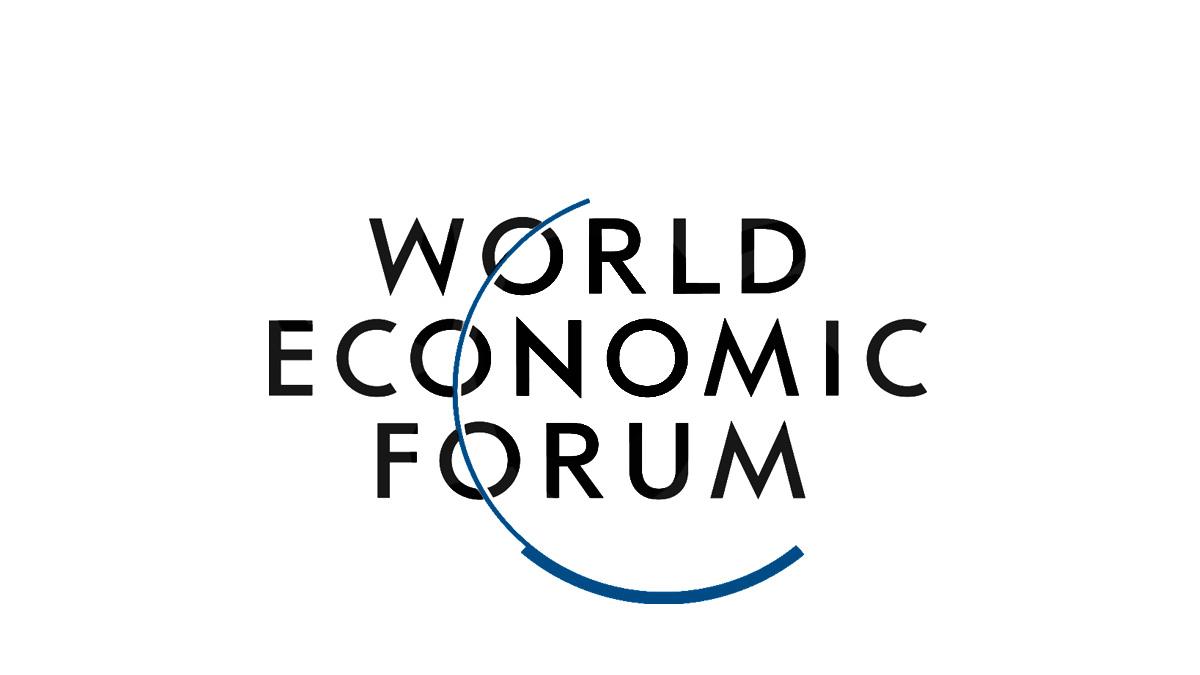The Chief Economists Outlook report by the World Economic Forum (WEF) warned of a weakening global economy in 2024 and increased geo-economic fragmentation. The survey of chief economists revealed that more than half (56%) expected the global economy to weaken this year, citing factors such as tight financial conditions, geopolitical rifts, and rapid advances in generative artificial intelligence (AI).
While the outlook for South Asia and East Asia-Pacific remained positive, China emerged as an exception with a smaller majority (69%) expecting only moderate growth. Globally, a strong majority predicted labor markets (77%) and financial conditions (70%) would loosen over the coming year.
The report highlighted the precarious nature of the current economic environment, with concerns about stalling growth, tight financial conditions, global tensions, and rising inequalities. There was an expectation of accelerated geo-economic fragmentation, with 70% of chief economists predicting an increase in the pace of fragmentation in 2024.
The survey also addressed the impact of industrial policy tools, with experts anticipating these policies to remain largely uncoordinated between countries. Chief economists expressed a mix of optimism and caution regarding AI-enabled benefits, with expectations varying across income groups. High-income economies were perceived to benefit more significantly from generative AI, leading to increased efficiency and innovation.
The Chief Economists Outlook report was based on consultations and surveys with leading chief economists from both the public and private sectors, conducted in November-December 2023.
The World Economic Forum (WEF) also released the Future of Growth Report 2024, warning that global economic growth is expected to fall to its lowest rate in three decades by 2030. The report highlights ongoing economic and geopolitical shocks that exacerbate interconnected global challenges, including the climate crisis and a weakening social contract, leading to a reversal of progress in global development.
The report calls for a new approach to economic growth that balances efficiency with long-term sustainability and equity, emphasizing the need to consider speed and quality together. Analysis of the quality of growth across 107 economies reveals that high-income economies score high on innovation and inclusion, while lower-income economies excel in sustainability.
Saadia Zahidi, Managing Director of the WEF, emphasized that reigniting global growth is crucial for addressing key challenges, but growth alone is not sufficient. The report proposes a new way of assessing economic growth that considers efficiency along with long-term sustainability, resilience, and equity, aligning with both global and national priorities.
The WEF also launched its 'Future of Growth' initiative, a two-year endeavor aimed at shaping a new narrative for economic growth. The initiative seeks to support policymakers globally, along with economists and experts, in identifying pathways that balance growth, innovation, inclusion, sustainability, and resilience goals. The report points out that many countries continue to grow in ways that are neither sustainable nor inclusive, limiting their ability to absorb or generate innovation and increasing susceptibility to global shocks.
(With Agency Inputs)
ALSO READ | US Economy Caps Off Strong Year as Democrats Enter Festive Season


















